
Every week, The American Journal of Managed Care® recaps the top managed care news of the week, and you can now listen to it on our podcast, Managed Care Cast.
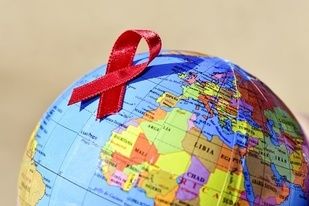

Every week, The American Journal of Managed Care® recaps the top managed care news of the week, and you can now listen to it on our podcast, Managed Care Cast.

This week, the top managed care stories included CMS reversing its decision to suspend the risk adjustment payment program; out-of-pocket costs and copayment accumulators put an HIV prevention drug out of reach for patients; research finds geography can determine posttreatment imaging for women with breast cancer.
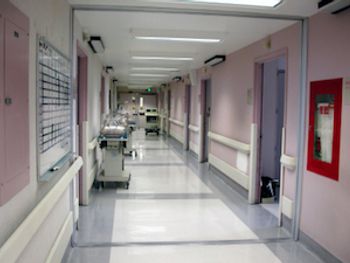
As people living with HIV now have a normal life expectancy, thanks to antiretroviral therapy, the burden of comorbidities is on the rise, and more than half of deaths in the patient population are attributable to these comorbidities.
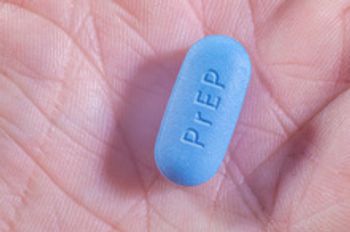
Despite pre-exposure prophylaxis (PrEP) being crucial for preventing new HIV infections and working toward an end to the epidemic, the treatment is still out of reach for many.
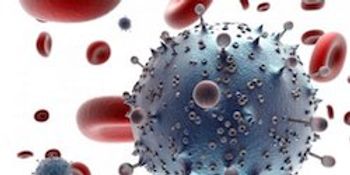
According to a report, existing HIV tools and strategies are insufficient, and despite historic breakthroughs in maximizing prevention and treatment strategies, the HIV pandemic will likely continue to be a global challenge for the foreseeable future.
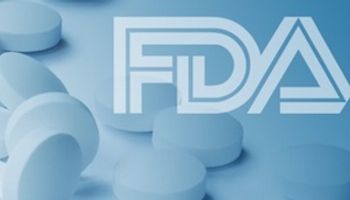
Janssen announced the approval of Symtuza (darunavir 800 mg, cobistat 150 mg, emtricitabine 200 mg, and tenofovir alafenamide 10 mg) for the treatment of HIV-1 in treatment-naïve and certain virologically suppressed patients.

Since 1990, MANNA has been providing nourishing meals and a sense of community to people living with HIV and other chronic diseases in Philadelphia.

Constraining access to HIV regimens can have significant implications for patients. This study examined the economic and health impacts of restrictive HIV formulary designs.

Through the use of a smartphone app, researchers observed that participants became more engaged with their HIV care, resulting in improved linkage to and consistency of care, increased CD4 counts, and decreased viral loads.

Research results from 2 studies found that the mosaic Ad26–based HIV vaccine regimens were both well-tolerated and induced a robust immune response against HIV in healthy adults and rhesus monkeys.

This week, the top managed care stories included a federal judge blocking Kentucky’s Medicaid work requirements; CMS announced it would launch a demonstration to encourage Medicare Advantage providers to take on more risk; and researchers identify racial disparities in HIV incidence and recommended a 5-part plan of action.




Pinpointing and eliminating missed opportunities for HIV testing and diagnosis in healthcare settings has the potential to reduce HIV transmission, especially among high-risk groups.

Collected emergency department (ED) bills show that trauma fees are costly and swing widely; the head of the CDC has changed his mind about opposing the use of condoms and needle programs as ways to stop the spread of sexually transmitted diseases; EDs around the country are struggling with shortages of painkillers and cardiac drugs.

African Americans are still disproportionately affected by HIV compared with other ethnic groups.
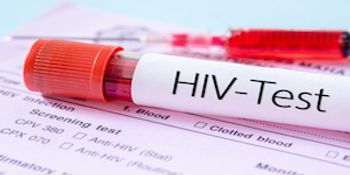
As tomorrow marks National HIV Testing Day, over 400 organizations and clinics nationwide are spearheading efforts to promote testing.

Many people at high risk of getting HIV—including those who inject drugs, gay and bisexual men, and partners of people with HIV—are not screened annually and experience delays in diagnosis.

For people living with HIV who achieve viral suppression from antiretroviral therapy, there is a reduced risk of developing both AIDS-defining cancer and non-AIDS-defining cancer.

On National HIV Testing Day on June 27, Walgreens and Greater Than AIDS will partner with over 200 health and community organizations to provide free HIV testing and information at Walgreens stores in over 180 cities.
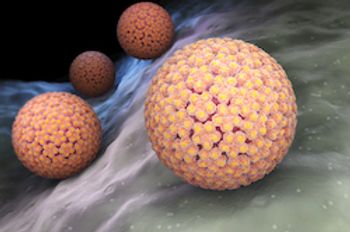
The 70 National Cancer Institute (NCI)-designated cancer centers underscored the importance of increased HPV vaccination and evidence-based screening, with the goal of eliminating cancers caused by the human papillomavirus (HPV).

New study results have concluded that antiretroviral therapy (ART) initiation within 30 days of HIV diagnosis is associated with a significantly reduced risk of treatment dropout and failure.

Among HIV-positive women with diabetes, HIV control has improved over time, but diabetes control has not.

As this month marks the 15th anniversary, the US President’s Emergency Plan for AIDS Relief (PEPFAR) now supports over 14 million people globally with HIV treatment.

259 Prospect Plains Rd, Bldg H
Cranbury, NJ 08512
© 2025 MJH Life Sciences®
All rights reserved.
